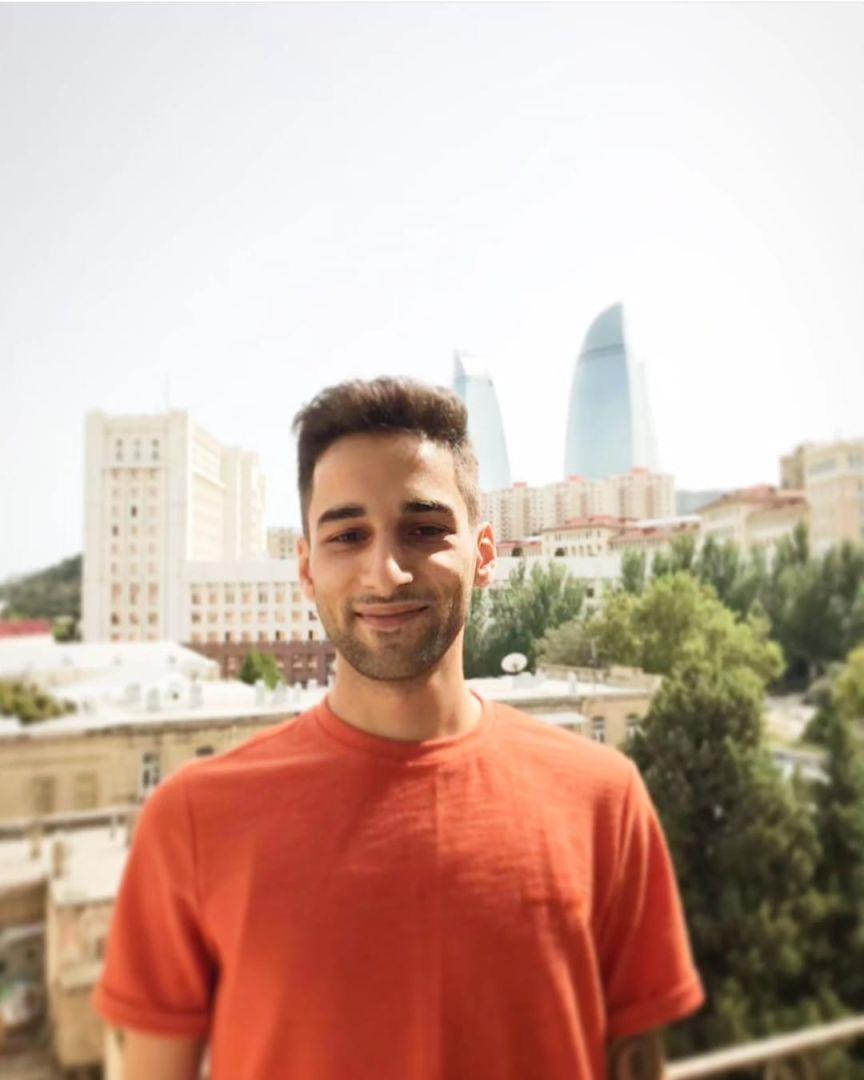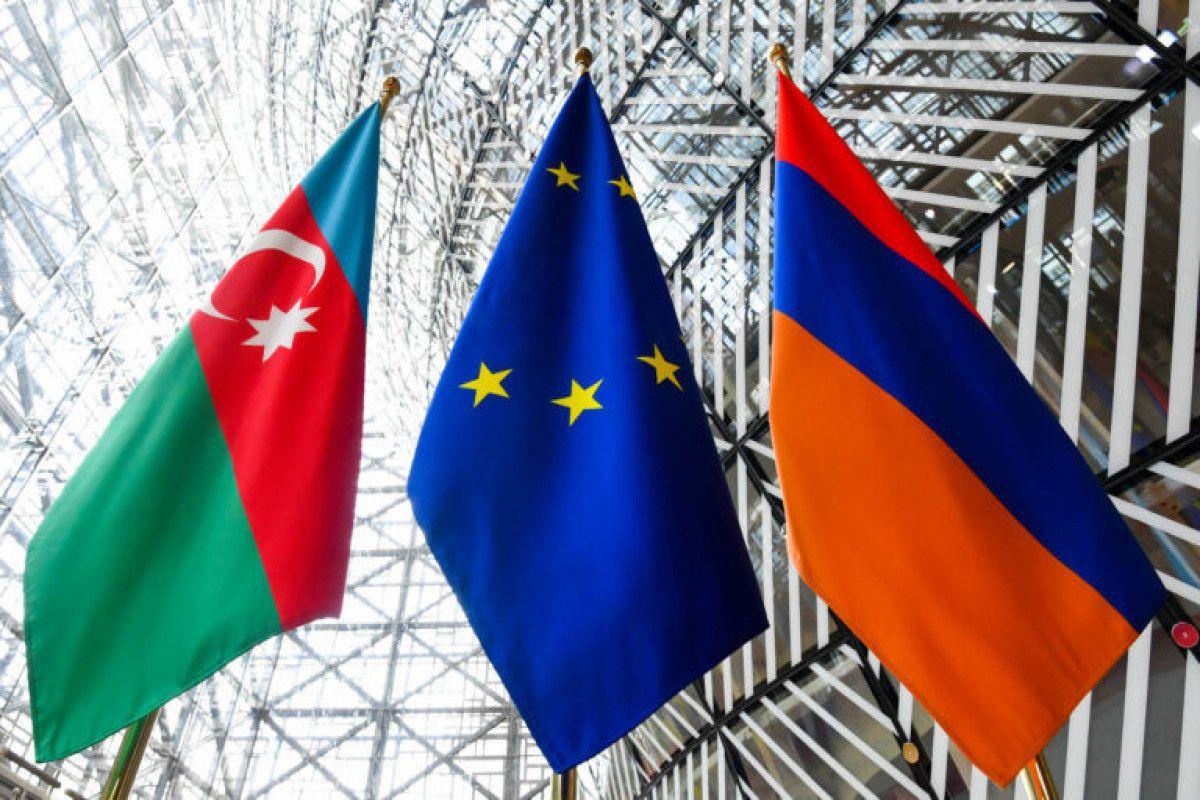
Armenia Should Not Be Illusioned By Hoping For EU Sanction Against Azerbaijan

Abbas Ganbay Read more
The world needs fresh decision-making organizations in conflict zones to cope with growing global change. When conflicts arise in the world due to the concentration of certain forces, it has a domino effect on all lines of communication in society.
After the global world wars, it was accepted by countries to create authorized organizations to protect the rights of people, nations, and other alliances to prevent the outbreak of conflicts and their resolution. History tells a different story, contrary to the imposed view.
Organizations like the UN and the European Union are losing their power and relevance in addressing the conflict and humanitarian and environmental problems plaguing the world. Maybe we have missed something and have not noticed something, being in the daily cycle of the system's life. For 30 and some 70 years, there have been pair conflicts that have reached wars all over the Earth, and only a few countries co-exist without conflicts.
Azerbaijan was among those countries that were subjected to the genocidal extermination of their people at the hands of barbarians and colonial powers on racial, national, and religious grounds. During the long periods of barbaric invasions of Armenians against Azerbaijan, the UN and the EU, which were honored with the rights and powers to help, as well as others, decided to keep the conflicts frozen for many years without reacting.
To date, Azerbaijan has coped and is coping with the pressure from the West, as well as Europe, by successfully implementing anti-terrorist measures in the Garabagh economic region of the country. The powers of the world have weakened their positions in some parts of the world, creating an illusion of visibility, following a new stage of reforming the global world order.
The past illusions of the "power" of the EU and the UN do not work today, and there are credible confirmations of this due to the attention paid to the sequence of events in the world arena. Power remains controlled by the world's banks, technology, and military corporations.
The European Union, looking for a "solution" to the conflict between Azerbaijan and Armenia, decided to impose sanctions on the former, following a liberation mission carried out on its territory by Azerbaijan.
The sanctions were withdrawn as a reasonable single "decision" of the EU towards Azerbaijan, as Baku plays an important role in supplying energy resources and gas to the European Union countries. The war between Russia and Ukraine has played havoc with Europe's supply of Russian gas, as has the import of agricultural foodstuffs from Ukraine.
The grip of the "Karabakh clan" has loosened, and the former namesakes are slowly leaving Yerevan's sight, giving it a new road to peace and independence from external threats.
What remains is the control of the country's shadowy groups trying to undermine the peace process and the laying of economic lines of communication in the Caucasus.
Being loyal to his corrupt bosses, a German human rights activist, head of the office of a German MEP, and political advisor, Dustin Hoffman, has been so vehement in his speech that he has uttered that the European Union is formidably responsible for supporting Armenia.
Speaking about the possibility of EU sanctions against Azerbaijan, Hoffmann said:
"Sanctions are unrealistic because there is no unanimity in the EU on this issue. After Azerbaijan's aggression, the condemnatory statement issued on behalf of Josep Borell should have been a statement by the 27 EU member states, which was prevented by Hungary. If the EU has not condemned Azerbaijan's aggression, it is doubtful that there can be a consensus on sanctions. This is tragic, especially after the European Parliament called for sanctions a few months ago. Perhaps more pressure would have prevented Azerbaijan from resorting to military force. Impunity encourages Baku."
Hence, having traced the condemnations towards Azerbaijan from different corners of the world, the conclusion is that nothing weighty has changed. The "crusader" countries among those who defend Armenia and condemn Azerbaijan create a veil of lies and propagate them in every possible way.
Armenia decided to choose a good moment on the way to a better coexistence in the Caucasus region, but there are still forces that have levers of pressure on it. France is investing in Yerevan's defense industry, and Canada is creating an illusion of pressure on Azerbaijan, as is Germany. Winter is near, and sanctions are not realistic. Armenia is better off choosing the path of peace and prosperity without being further distracted by the influence of the West.
Germany, on the other hand, has expressed its determination that the European Union will bear 50% of the cost of an undersea communication cable across the Black Sea, which will help "bring Armenia and Azerbaijan closer to each other and closer to us".
The need for the EU and the UN may soon be exhausted for Azerbaijan, as the Turkic World, as well as the Organisation of Turkic States, united into one whole, will revive the former greatness of the organisation. Huge potential for economic ties, energy transfers, and cultural heritage is possible in the near future for the countries of the Turkic Union.
Legal Disclaimer:
MENAFN provides the
information “as is” without warranty of any kind. We do not accept
any responsibility or liability for the accuracy, content, images,
videos, licenses, completeness, legality, or reliability of the information
contained in this article. If you have any complaints or copyright
issues related to this article, kindly contact the provider above.

















Comments
No comment